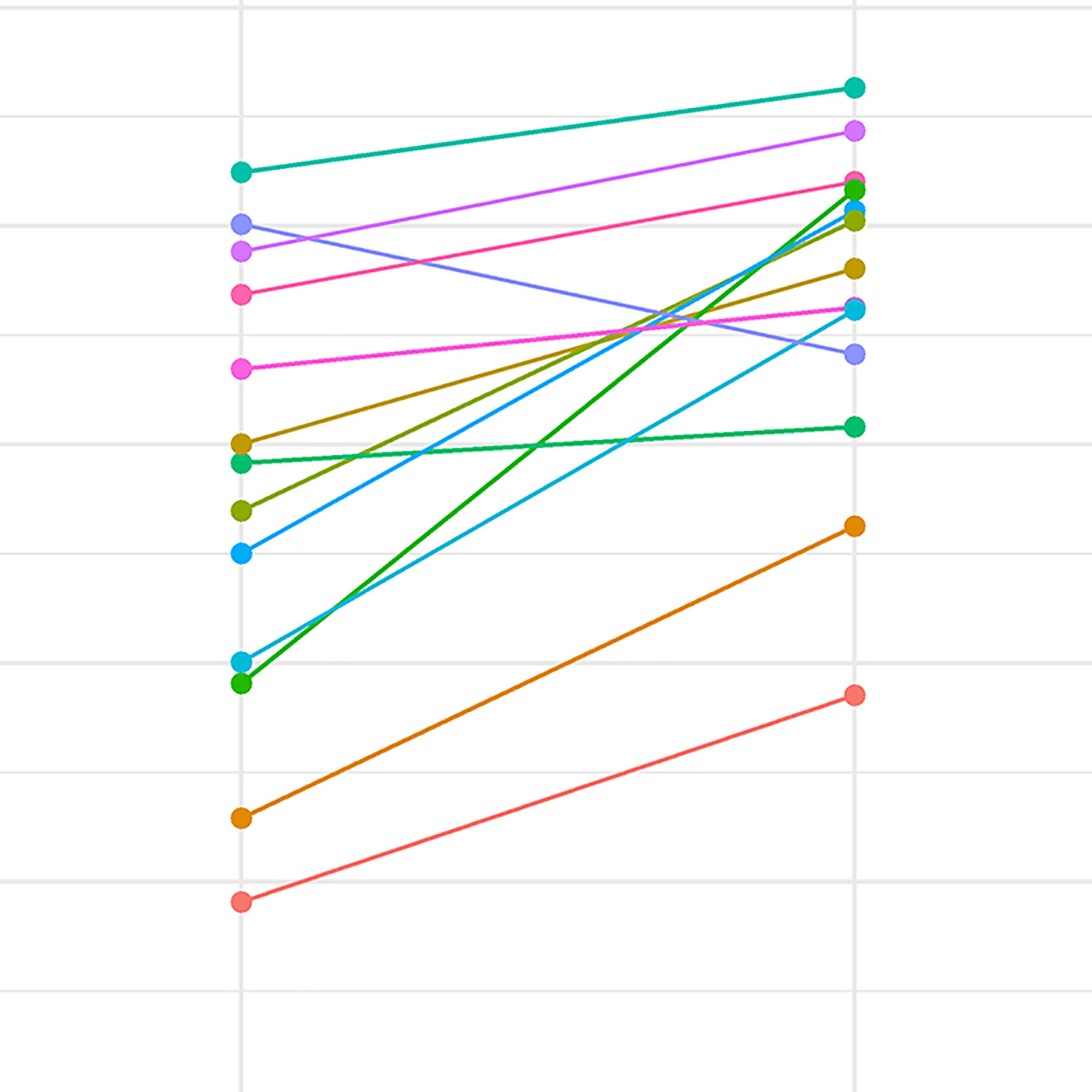Children and language change
My Generation Why project combines real and apparent time methodologies to track the early lifespan changes made by young speakers within the context of change ongoing in the community. This work examines the social and linguistic developmental trajectories of young speakers, and how these impact on patterns of variation and change.
For instance, how these shifts contribute to the incrementation of language change.
Or how the development of gendered behaviours manifest in linguistic variation as the young speakers enter adolescence.
Supported by the BA/Leverhulme small grants scheme.
Together with Laura Rosseel (VUB Brussels) and Eline Zenner (KU Leuven) we have a book undercontract with Routledge. The book examines the acquisition of sociolinguistic competence and development of social meaning in middle childhood using our combined perspectives of research on production and perception.
gENDER AND EVALUATION OF FOOTBALL COMMENTATORS
In a project with Matthew Hunt (Southampton), and Louis Strange (Glasgow) we are investigating attitudes towards women football commentators. Using an experimental approach we examine how gender typicality (manipulations of pitch) affect listener ratings of football match commentary as it is delivered by a man or a woman. We find a three way interaction between speaker and listener gender, and whether the voice was manipulated. Our recent presentation at UKLVC Edinburgh illustrates these findings.
bidialectalism & language change
I worked with Jennifer Smith (Glasgow) as a Postdoctoral Research Assistant on a large scale ESRC project examining bidialectalism - where speakers have command of more than one dialect. I led the analysis across a large number of variables at multiple levels in the grammar (phonetic, morphosyntactic, syntactic, lexical etc.) this enabled us to examine the linguistic nature of bidialectalism - is it the same as having more than one language, existing as separate systems, or do dialects sit within the same mental grammar?
Alongside bidialectalism, we have used this data to examine:
Gender, stance and reality television
In my work with Erez Levon (Bern) we employ a synchronic perspective using reality television data to investigate how speakers’ use of linguistic variability across stance-oriented goals can explain the actuation of socially motivated change. We examined this process through a variable analysis of /s/-fronting, find links to our published work here and here. Our more recent work examines articulatory setting as it relates to stylistic practice, the physical embodiment of social personae and how these are implicated in sound change.
